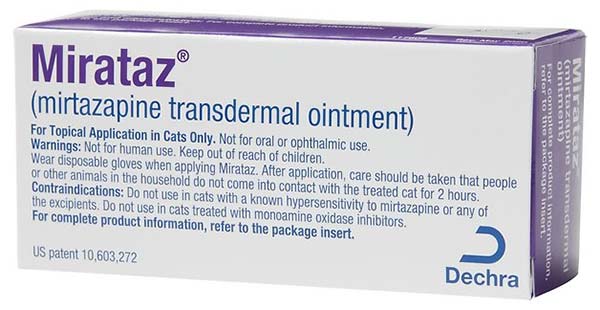While the majority of information contained in this site applies to EPI in both Dogs and Cats, there are some subtle differences.
All of the enzyme brands listed in our Enzyme Brand Comparison are acceptable for EPI cats, what differs mainly is the dosing per meal and getting them to accept the food treated with enzymes.
Just like in dogs, EPI can be successfully managed in a cat by any dedicated owner that is willing to learn proper management of enzymes, food, B12 and antibiotics if needed for SID/SIBO.
Rx brands instruct cat owners to dose @ 1/4–3/4 teaspoon per meal. However, the actual size of the meal can really determine the amount of enzymes used.
Luckily, one of our site administrators has an EPI cat that has been successfully treated for over 3 years now using one of the OTC brand of enzymes.
At first the cat was being treated with enzymes for what was thought to be Pancreatitis, but after two years the condition had progressed into full-blown EPI which was confirmed by their vet.
Using a smaller dose was key in the beginning, with 1/8 tsp being used in a 3 ounce can of Fancy Feast, Beef Pate per meal to allow the cat to get familiar to the enzymes. Although stools were not always perfect during this time period, it was thought the reduced dose was beneficial to the cat learning to accept the enzymes in the beginning.
SID that was present in the cat never did require antibiotics, instead the use of pancreatic enzymes seemed to push the infection out once proper digestion was restored.
It was found that ‘Pate’ brands of cat food have the best consistency for mixing enzymes. Other varieties of cat food can contain too much moisture which will allow the enzymes to fall to the bottom of the bowl.
Once at the bottom of the bowl, this concentrated liquid containing too much enzymes can cause the cat to vomit if consumed too quickly.
Occasionally a cat becomes finicky and can go through episodes of refusing to eat enzyme treated food, which can be detrimental to any EPI pet.
During such episodes, our colleague has had great success with a drug called Mirataz ointment (see photo below). Mirataz is an FDA-approved medication for the management of weight loss in cats. It is available from your veterinarian with a prescription. The medication is an ointment that is applied to the inside of the cat’s ear and it stimulates their appetite making food (with enzymes) more appealing or palatable.
This medication has been used intermittently over the past 2 years when maintaining weight has become an issue.
Please discuss this with your vet in deciding whether this medication might be an option for your EPI cat in helping them become accustomed to accepting food + enzymes.

Most recently our colleague’s cat has been adequately maintained using 1/4 tsp enzymes per 3 ounces of Pate type food being fed 3 times daily including a B12 (Cyanocobalamin) shot of 0.25 mL every two weeks.
Of course, every EPI cat is different and you will need to find the right protocol that works through trial & error.
For other options in making food with enzymes more palatable, please visit our Hiding Enzyme Smell section.
Learn more, and discuss this topic with fellow EPI cat owners:
Visit the EPI in Cats on EPIDogForum.com.
